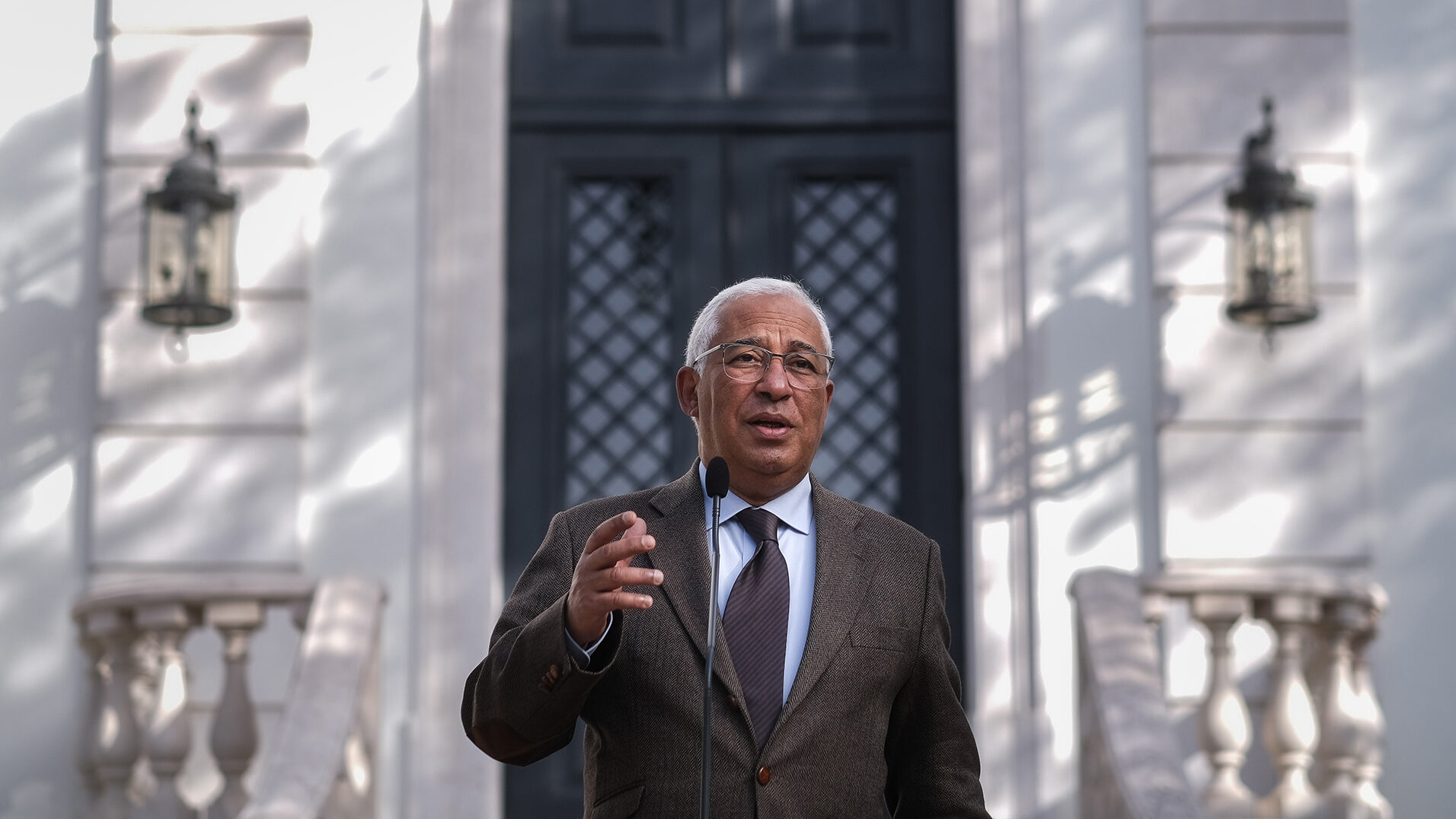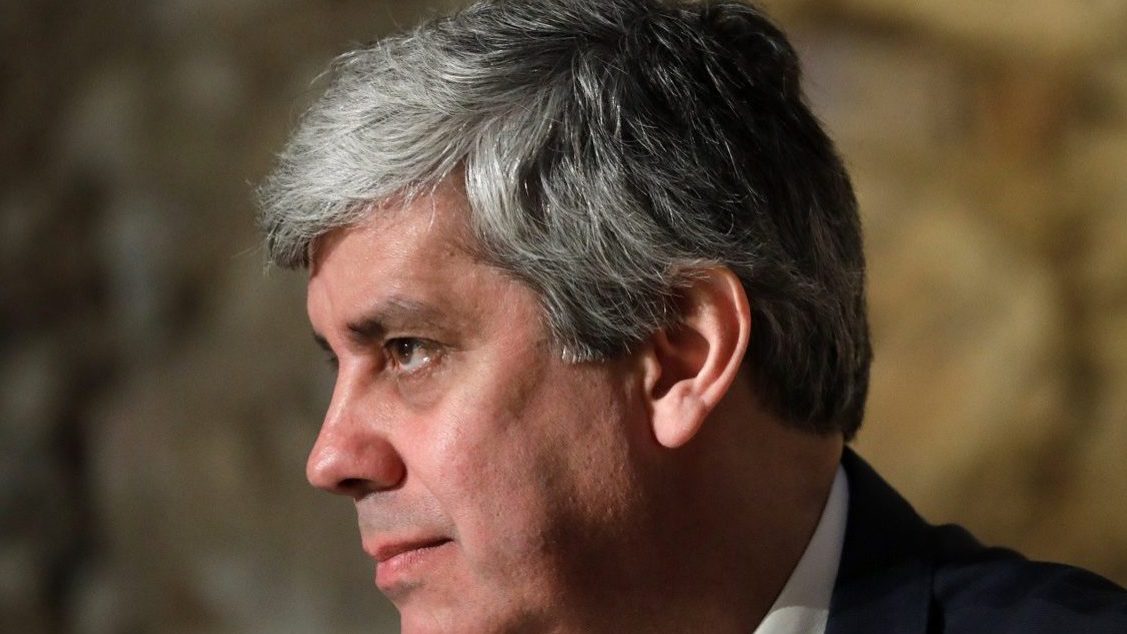Portugal will enter 2023 less financially constrained by markets
For prime minister António Costa, it is very important for Portugal to come out of this year "with a better deficit and with a lower debt than the best expectations".
Portugal will enter 2023 less financially constrained, despite the difficult international environment, the prime minister has said, stressing that he does not want to repeat the high price the country has paid for being exposed to the markets.
“I have proved that I am not tired,” António Costa declared at the end of his 23-minute speech at the PS parliamentary group’s Christmas dinner near São Jorge Castle in Lisbon before around a hundred MPs and more than a dozen members of his government on Wednesday evening.
After speeches by the parliamentary leader of the PS, Eurico Brilhante Dias, and the speaker of parliament, Augusto Santos Silva, António Costa chose as his central idea the issue concerning the need for Portugal to lower its deficit and debt over the next few years, especially now, in an environment of high inflation resulting from the effects of the war in Ukraine.
“We have to maintain this trajectory, because we cannot eliminate the factors of uncertainty. When the scenario is one of uncertainty, becoming fundamental to maintain certainties. And the first certainty is to maintain the course of our programme, the certainty of the good management of public finances and the certainty of honouring the commitments undertaken”, declared António Costa.
For António Costa, it is very important for Portugal to come out of this year “with a better deficit and with a lower debt than the best expectations”.
“It is called managing with prudence. And we will be able to face the uncertainty of next year knowing that we will be less conditioned than we would be if this year we had not controlled the deficit, or if this year the debt had continued to increase,” he said.
According to António Costa, if Portugal closes even this year with a debt to GDP ratio better than Spain’s and approaching France’s, then the country that will be “with another tranquility”.
“We have not forgotten what it is to be exposed to the markets. The price the country paid was very high and we don’t want to repeat it. We have to maintain this trajectory,” he declared, then receiving a prolonged round of applause with these alluding to the period of financial assistance between 2011 and 2014.
“When we hear the news that interest rates are going to increase, or that the European Central Bank (ECB) is going to decrease its purchase of public debt, in order not to live in anguish we have to have very firm determination to continue to sustainably reduce our debt and to be less exposed to that volatility,” he sustained.
Once again, the prime minister defended the thesis that macroeconomic balance is fundamental for the existence of redistributive policies of social justice.
According to the leader of the executive, “were it not for the 2019 budget surplus, it would not have been possible to respond with the robustness with which it was responded in the Covid-19 crisis”.
“And were it not for the good management of public finances that we have continued to do, we would not have the capacity this year to fulfil everything we committed to the Portuguese and still have successively adopted measures to mitigate the brutal impact of inflation,” he advocated.
António Costa then developed this point and pointed out: “This year, in extraordinary measures, we have already spent as much as the extraordinary measures we had to spend to deal with Covid-19”.
“We have managed to do this without increasing taxes,” he stressed.


